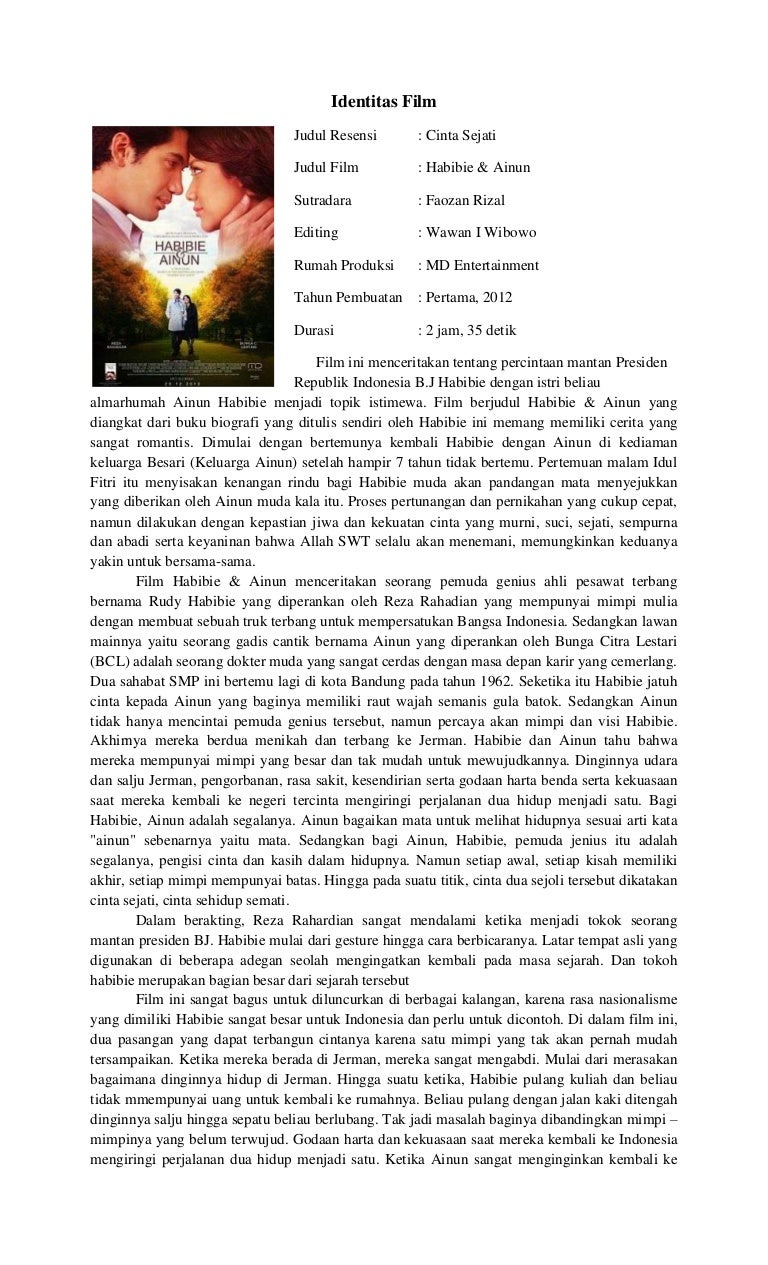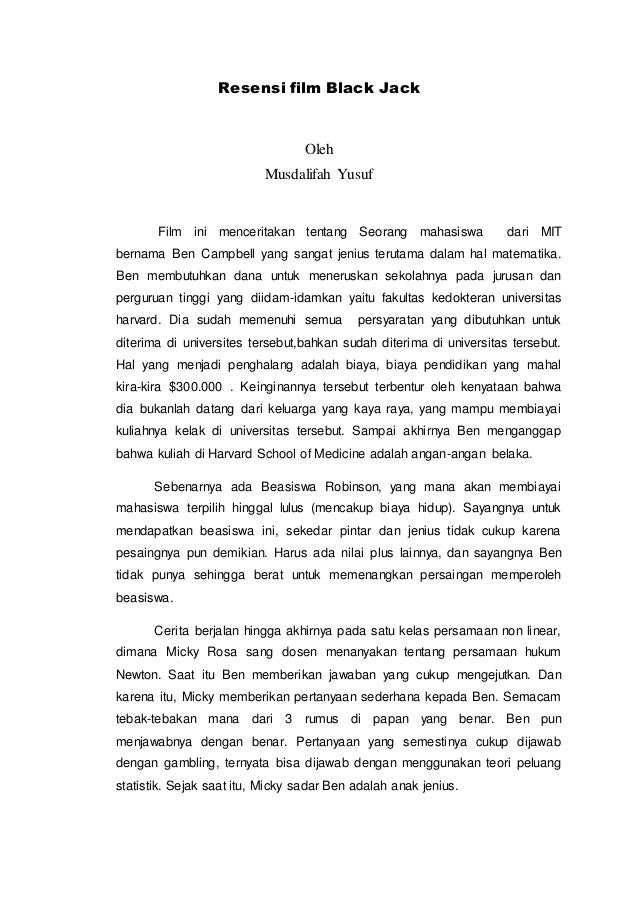

Delva D, Sargeant J, Miller S, Holland J, Brown PA, Leblanc C, et al.Motivation to commit oneself as a determinant of achievement in problem based learning. Adult learning theories: Implications for learning and teaching in medical education: AMEE Guide No. Part 1: How do we use self-directed learning? Med Teach. Self-directed Learning to Educate Medical Educators. A conceptual framework to guide the development of self-directed, lifelong learning in problem-based medical curricula. Learning science meaningfully: constructing conceptual models. Motivation to learn and course outcomes: the impact of delivery mode, learning goal, orientation, and perceived barriers and enablers.

What do we know about cognitive and motivational effects of small group tutorials in problem-based learning? Adv Health Sci Educ Theory Pract. Learning styles and approaches: implications for medical education.Med Educ. The Kolb learning style inventory–version 3.1 2005 technical specifications. Impact on knowledge acquisition of the transition from a conventional to an integrated contextual medical curriculum.

Interactive video teaching using a home microcomputer. Briscoe MH, Byrne A, Hicks B, Care DA, Williams PA, Jones G.Comparison of text and video cases in a postgraduate problem-based learning format. Balslev T, De GraveWS,Muijtjens AMM, Scherpbier AJJA.reflection reflective learning, confidence, childbirth care.

Medical graduates, non-clinician, career choices, reasons to choose career Spiritual care academic performance, medical students, psychological problems, student support program anatomy of circulatory system, Delphi method, anatomy learning objectives, lecturer consensus anatomy visualization learning, AVL, neuroanatomy learning, anatomy learning blended learning, dermatotherapy, medical students clinical education, clinical learning environment, Manchester Clinical Placement Index (MCPI), adaptation, Indonesian MCPI clinical medical student competence, medical education, preclinical, qualitative competence-based medical education, medical curriculum constructive alignment, communication, pharmacotherapy practice, OSCE, SOAP grit, medical professional education students medical profession, regulation, collaborative governanc mental health, medical students, self reporting questionnaire online SOCA exam, PBL perception, blended-learning, truwinist interdigital. Keywords ABLE skills lab, neonatal resuscitation skills, peer evaluation, trainer evaluation Basic medical sciences, Problem-based learning (PBL), practical session, hybrid curriculum, constructive learning, self-directed learning.


 0 kommentar(er)
0 kommentar(er)
